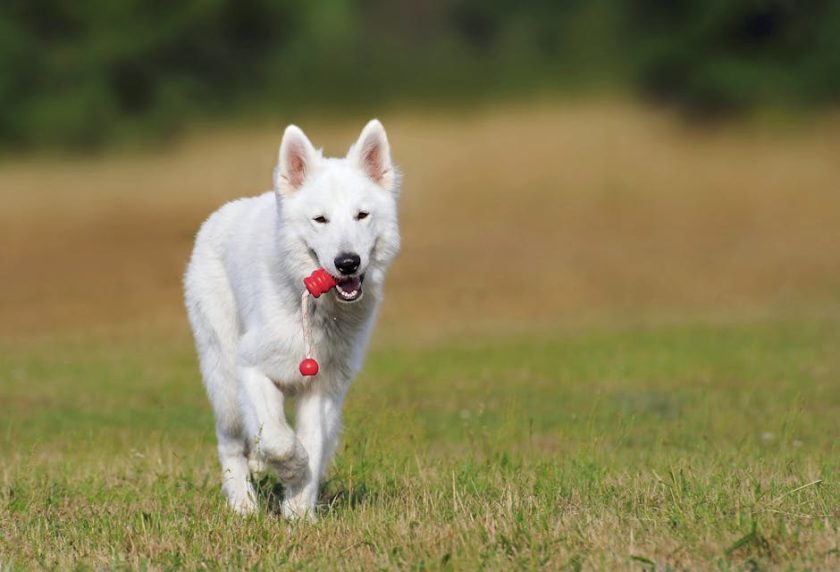Training your dog is a rewarding experience that strengthens the bond between you and your furry friend. With patience and consistency, you can teach your dog basic commands, good manners, and even advanced tricks. This comprehensive guide will provide step-by-step instructions and tips to help you get started on your dog training journey.
**Getting Started**
Before you begin training your dog, it's important to establish a foundation of trust and respect. Spend time getting to know your dog's personality and preferences, and create a training environment that is positive and rewarding for both of you. Use high-value treats that your dog loves, and keep training sessions short and fun to maintain their attention.
**Basic Commands**
Start with teaching your dog basic commands such as "sit," "stay," "come," "heel," and "down." These commands provide essential control and direction in various situations. Use clear hand signals and verbal cues, and reward your dog immediately when they respond correctly.
**Good Manners**
Training your dog good manners is crucial for a harmonious relationship with humans and other animals. Teach your dog to walk nicely on a leash, ignoring distractions and responding to your cues. Train them to greet people and other dogs politely, and to avoid jumping or barking excessively.
**Advanced Training**
Once your dog has mastered the basics, you can progress to more advanced training, such as agility, obedience competitions, or specific behaviors tailored to your lifestyle. Agility training involves obstacle courses that test your dog's speed, accuracy, and teamwork. Obedience competitions evaluate a dog's ability to follow commands precisely in various scenarios.
**Socialization**
Socialization is a vital aspect of dog training. Expose your dog to different environments, people, and animals in a controlled and positive manner. This will help them become well-rounded and comfortable in various social situations.
**Troubleshooting**
Training your dog is not always smooth sailing. It's common to encounter challenges along the way. If your dog is struggling with a particular command or behavior, try breaking it down into smaller steps. Be patient and consistent, and don't give up easily. Consider consulting a professional dog trainer for guidance and support if needed.
**Rewards and Reinforcement**
Positive reinforcement is key to effective dog training. Reward your dog with treats, praise, or play time whenever they perform the desired behavior. Avoid using punishment or harsh methods, as these can damage your dog's trust and make training counterproductive.
**Consistency and Patience**
Training your dog requires consistency and patience. Practice the same commands and behaviors regularly, and praise your dog when they get it right. Dogs learn through repetition, so be patient and don't expect them to understand everything overnight. Celebrate your progress along the way, and enjoy the bond you build with your furry companion as they grow and learn.

